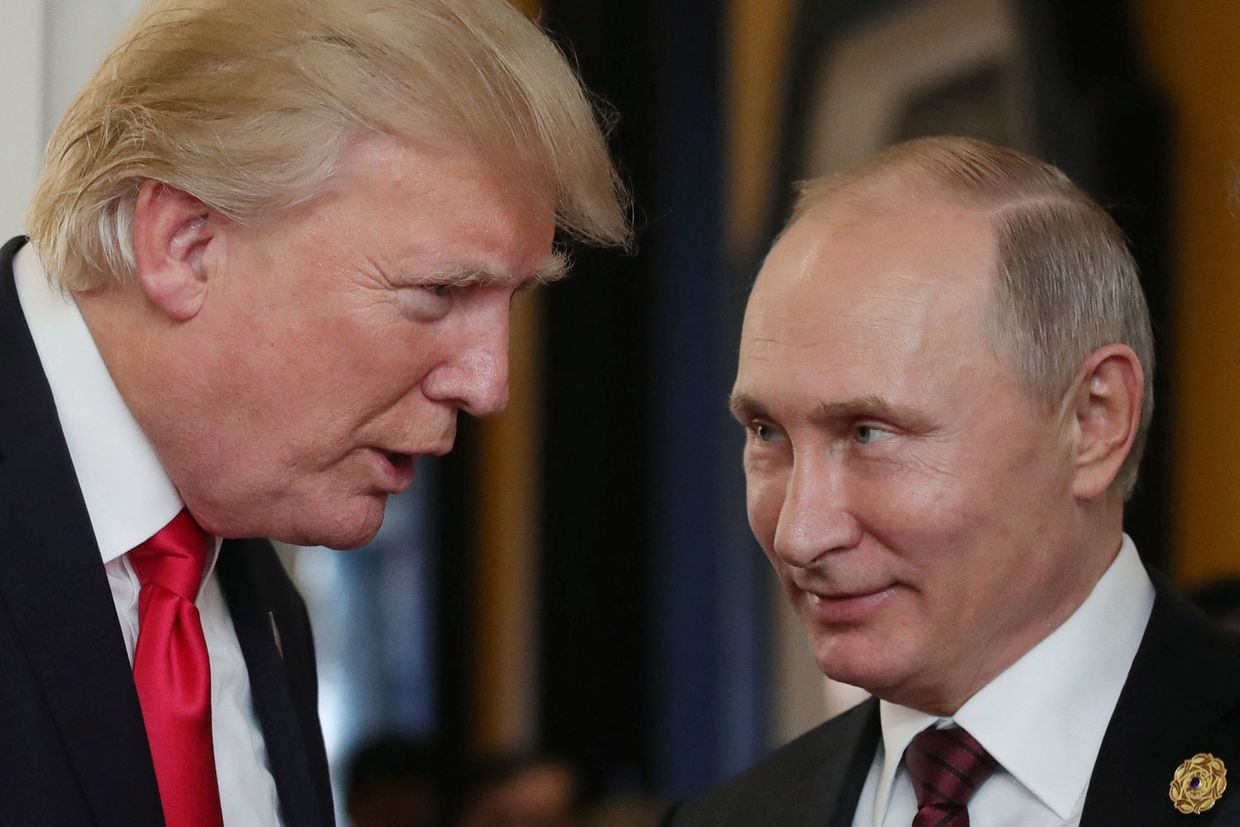Romania reportedly suspects Russian sabotage behind Azeri crude oil contamination

Romanian authorities are considering a scenario that Russia intentionally contaminated a large volume of Azeri oil destined for a refinery in southern Romania, local news outlet G4Media reported on Aug. 7, citing undisclosed sources.
Western officials have increasingly issued warnings about Russian sabotage and hybrid operations across Europe, which are said to be designed to sow instability and undermine support for Ukraine.
The crude mixed with organic chloride, transported via a pipeline through Azerbaijan, Georgia, and Turkey, threatened to seriously corrode infrastructure at OMV Petrom's Petrobrazi refinery, potentially triggering a national fuel crisis, according to G4Media.
Sources told the Romanian news outlet that the chloride could have been introduced through a relatively simple Russian sabotage operation: injecting the substance anywhere along the 1,700-kilometer (1,056 miles) pipeline.
The Kyiv Independent could not verify the claims. Bucharest has not publicly commented on a possible Russian involvement.
Contamination was confirmed by both the BTC Pipeline Company, a pipeline operator, and by OVM Petrom, which discovered the chloride presence during a regular analysis.
After the contamination was detected at Turkey's Ceyhan oil terminal, a crude shipment destined for the Petrobrazi refinery via Romania's Constanta port was cancelled.
The Romanian Energy Ministry declared a crisis-level emergency in the supply of crude oil on Aug. 4 and authorized the release of oil and diesel reserves to offset a temporary shortage.
Some of the contaminated oil was already detected elsewhere in the EU in July. Italy's Eni and Czechia's Unipetrol confirmed that Azeri crude tainted with organic chloride had reached their countries.
Organic chlorides are sometimes used in the oil industry to accelerate the flow of crude and clean wells, but they can corrode refinery equipment if they are not removed before entering pipelines.
Romania, a NATO and EU member sharing a 614-kilometer (382 miles) border with Ukraine, has been a key ally to Kyiv during the full-scale war, providing military and economic support since 2022.











